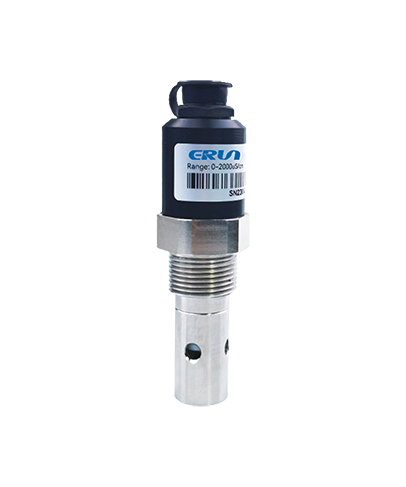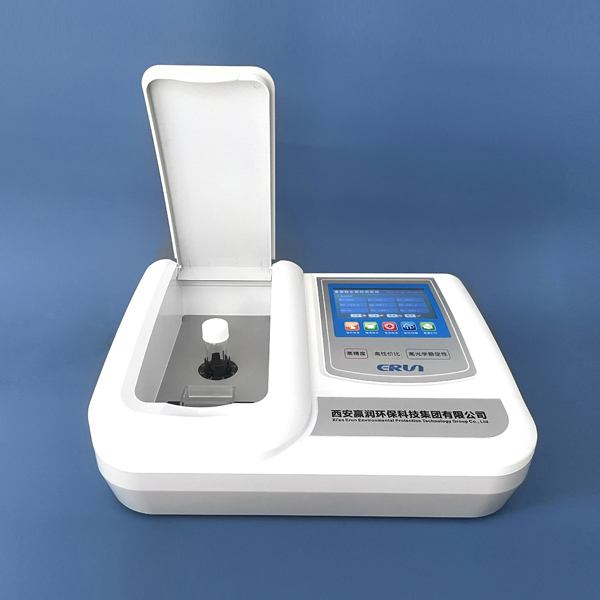In industrial production processes, a boiler is a common thermal energy device that heats water by burning fuel to produce steam or hot water for heating, power or driving generators.Boiler water quality refers to the purity of the water used in the boiler, which has a direct impact on the safety, energy saving and service life of the boiler. Conductivity is an important indicator to measure the purity of water quality, which reflects the total content of all conductive substances in the water.

Boiler water conductivity standards:
The conductivity standards for boiler water vary depending on the type and purpose of the boiler. Generally, for low-pressure boilers, the water conductivity standards are as follows:
For pressureless hot water boilers, the conductivity should be controlled below 200μS/cm.
For pressurized hot water boilers and small steam boilers, the conductivity should be controlled below 50 μS/cm.
For medium-sized steam boilers, the conductivity should be controlled below 20μS/cm.
For large high-pressure steam boilers, the conductivity should be controlled below 5μS/cm.
These standards are set based on the operating pressure and temperature of the boiler because as pressure and temperature increase, minerals in the water are more likely to deposit and form scale, affecting heat transfer efficiency and possibly causing corrosion.
Importance of controlling water conductivity:
1.Prevent scale formation: High conductivity usually means that there are more dissolved minerals in the water. These minerals are easy to precipitate and form scale at high temperatures, reducing the thermal efficiency of the boiler.
2. Prevent corrosion: Certain dissolved salts and gases (such as oxygen) will accelerate the corrosion of boiler pipes and structures, shortening the service life of the boiler.
3. Ensure steam quality: In food processing, medical and electronics industries, the purity of steam directly affects product quality, so lower conductivity is required.
How to control boiler water conductivity:
1.Pretreatment: Use filters, softeners and other equipment to pretreat raw water to remove suspended matter, color, hardness components, etc.
2. Degassing: Remove oxygen dissolved in water through a degassing tower or deaerator to reduce corrosion.
3. Chemical treatment: Add appropriate amount of water treatment chemicals, such as scale inhibitors and corrosion inhibitors, to control water quality.
4. Regular blowdown: Regularly drain part of the boiler water to reduce the content of dissolved solids in the water.
5. Monitoring and maintenance: Regularly test water conductivity and adjust water treatment measures based on the test results.
In short, the standard of boiler water conductivity is determined according to the type of boiler and working conditions. In order to ensure the efficient and safe operation of the boiler, the water conductivity must be strictly controlled.Through effective water quality management and appropriate water treatment measures, it can be ensured that the boiler water quality meets the standard requirements, thereby ensuring the long-term stable operation of the boiler. The conductivity water quality tester produced by Erun Environmental Protection uses imported electrodes, with high-precision measurement and fast reading of values. If you need information and prices, please consult the website customer service or call the contact number.
